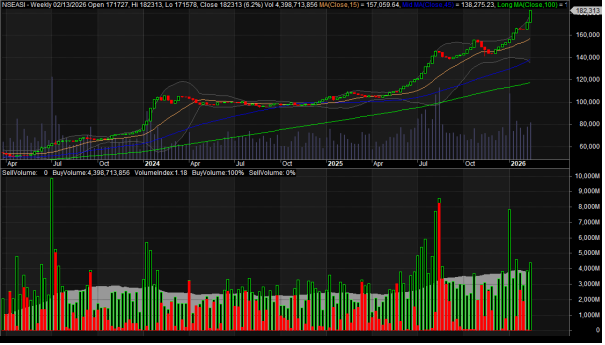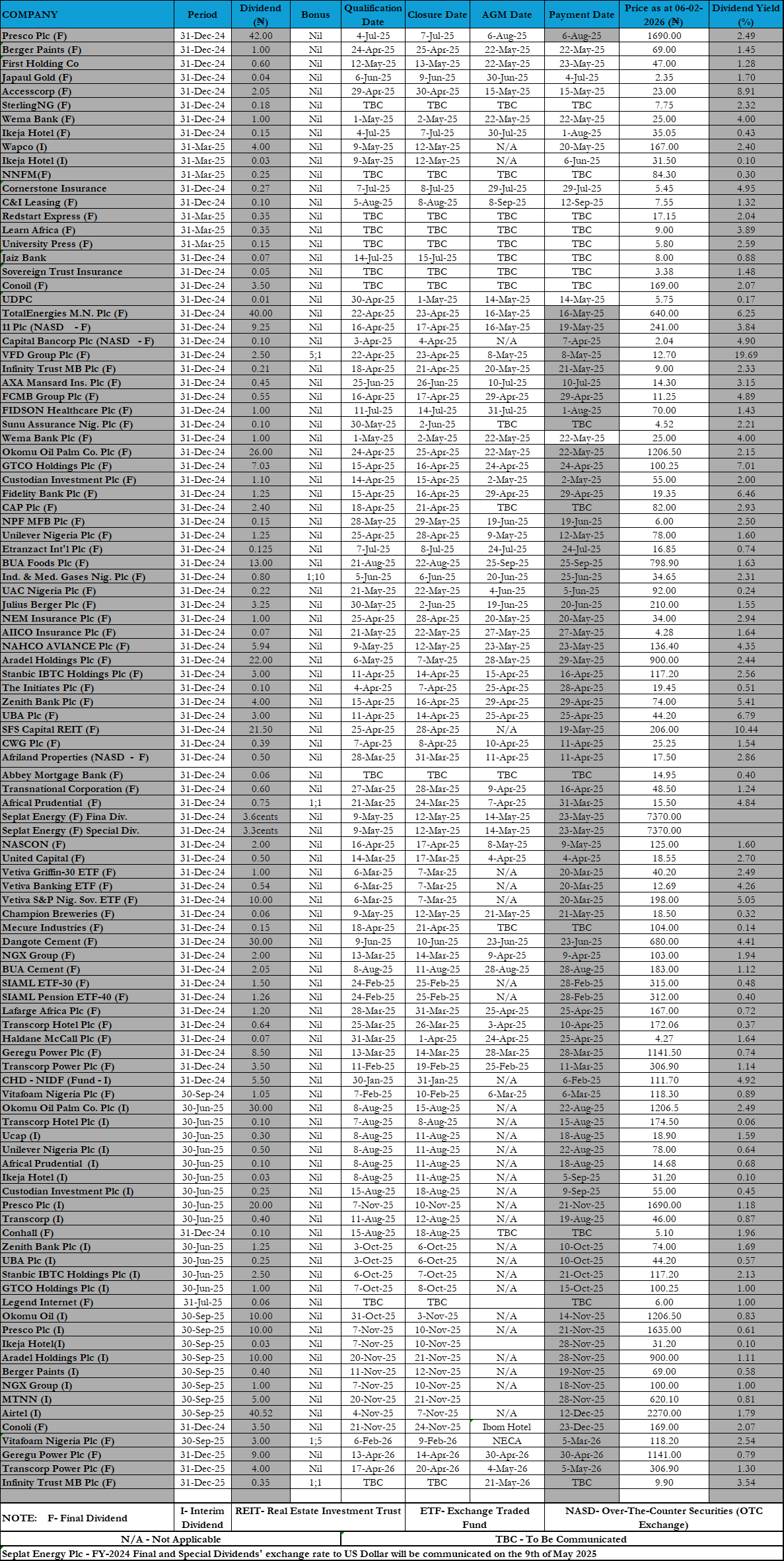
Mulls N10m Penalty For Illegal Allotment Of Securities
In a move that may drive more companies to seek listing on the Nigerian Exchange, and as the nation’s banks prepare to raise capital that will enable them meet the new capital requirement of the Central Bank of Nigeria (CBN), the Securities and Exchange Commission (SEC Nigeria), on Thursday exposed New Rules on Issuance and Allotment by Private Companies Securities.
The draft rule, among others, pegged the maximum amount a private company can raise within a one-year period at N15bn, provided that where a private company intends to undertake any further debt securities issuance, it shall be required to re-register as a public company.
The rule also recommended a N10m penalty in the first instance and a further sum of N100,000 for every day the violation continues, for any private company that issues or allots securities without its prior approval, or violates any provisions of its regulations.
The rules, according to the commission, apply to Debt securities issuances by private companies either by way of public offer, private placement or other methods as may be approved by the Commission; Registered exchanges and platforms which admit debt securities issued by private companies for trading, price discovery or information repository purposes; Registered capital market operators who are parties in issuances and allotment of debt securities of private companies.
This will be followed by suspension, or withdrawal of the registration of the capital market operator(s) involved; disgorgement of proceeds/income from the transaction; and any other sanction the Commission deems fit in the circumstance”.
The commission said it may, however, ratify or rescind a transaction if it is in the interest of the public to do so; adding that a private company may list its securities on a registered securities exchange, adding that such securities must be listed not later than 30 days after completion of allotment.
To be eligible to issue securities under the regulations, the commission said the private company must be duly incorporated under the Companies and Allied Matters Act (CAMA), or other enabling Laws with at least three years track record of operation.
It also requires that the issuing house would, within 21 working days of allotment, file with the Commission a summary report containing post allotment information; summary of applications received; list of allottees of 50,000 units of securities or more and list of all allottees acquiring 5 per cent or more of the securities on offer; list of all applications received including list of those rejected and the basis for rejection, among others.
The proposed rule granted private companies with existing debt securities held by qualified investors, a three-month window from the date of issuance of these rules, to apply for registration of the securities to the Commission through the securities exchanges.
Failure to comply with this provision it said, shall attract a penalty of not less than N2m and a further sum of N100,000 for every day the violation continue.”
It added that a private company “shall not offer its equity securities (shares) to the public under any circumstance; while debt securities issued under these rules, shall be sold only to qualified investors.
Only registered capital market operators, the rule stated, shall be parties to debt securities issuances under these rules, adding that no private company or any person acting on its behalf shall offer, sell or allot securities to the public without the prior clearance of the securities exchange and registration of the securities by the Commission. e) Securities purchased in a public offer pursuant to these rules shall only be traded on a registered securities exchange”.
On the utilization of Proceeds, the Commission held that issuers are prohibited from using the proceeds of the issues for purposes other than those stated in the offer document without its prior approval, adding that “the issuer shall file with the Commission not later than 90 days after the conclusion of an issue on the appropriate SEC Form, detailed information on the utilization of proceeds. Evidence of such utilization shall be provided as appendix to the report. The rendition shall be on a quarterly basis until issue proceeds are fully utilized”.
“The issuer is prohibited from using the proceeds of the issue for purposes other than those stated in the offer document without the prior approval of the Commission.
“The issuer shall file with the Commission not later than ninety (90) days after the conclusion of an issue on the appropriate SEC Form, detailed information on the utilization of proceeds.
“Evidence of such utilization shall be provided as appendix to the report. The rendition shall be on a quarterly basis until issue proceeds are fully utilized,” it stressed.














